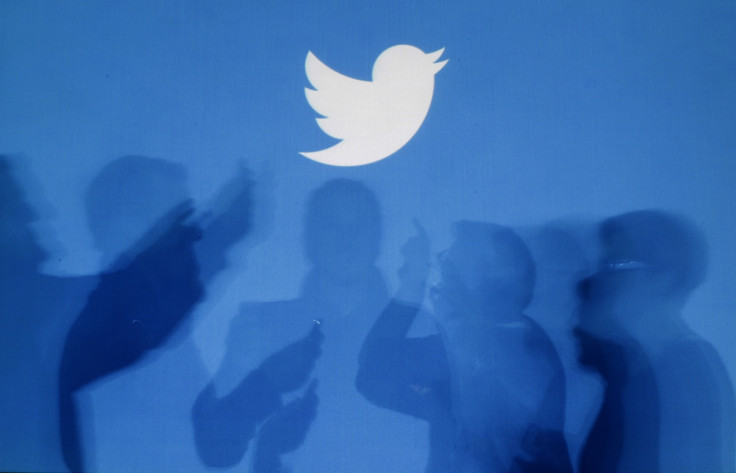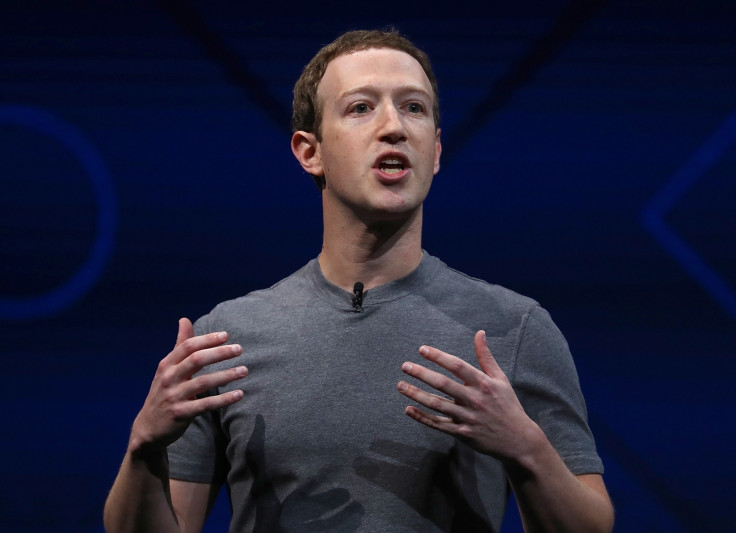Russian meddling probe set to heat up as Twitter breaks silence
'They don't deny they have allowed more anonymity,' said one US senator.

Social media giant Twitter will visit Capitol Hill Thursday (28 September) as part of the House and Senate investigations into Russian interference in the 2016 US presidential elections.
Twitter's closed-door meetings with staff follow similar briefings from Facebook earlier this month, and the House and Senate panels have invited both tech giants, along with Google's parent company Alphabet, to appear at public hearings this fall.
The committees are scrutinising the spread of false news stories and propaganda on social media. To what extent Russia was involved and whether anyone in the US helped target those stories.
Unlike Facebook, which has said phoney accounts on its platform attempted to stir up divisiveness in the election, Twitter has remained mostly silent.
The two social media companies have different types of platforms, as Twitter allows users to register anonymously and has more public accounts than Facebook.
Many lawmakers have expressed concerns about the proliferation of anonymous "bots" on Twitter and their potential to spread misinformation.
Virginia Sen. Mark Warner, the top Democrat on the Senate intelligence panel hopes Twitter will be forthcoming.
"They have obviously a different business model, and also they've never tried to prevent fake accounts, use of bots," Warner said, comparing the company to Facebook.
"They don't deny they have allowed more anonymity. So they've got a different business model, we've got different questions for them."
Still, Warner said, the investigation is ultimately up to how people manipulated both of those platforms. "People deserve to know," he added.
Twitter has since confirmed that officials would be meeting with the Senate panel and issued a statement pledging to improve defences on its platform.
"Twitter deeply respects the integrity of the election process, a cornerstone of all democracies, and will continue to strengthen our platform against bots and other forms of manipulation that violate our Terms of Service," the company said in a statement.

Staff on both panels are likely to ask Twitter about the bots, and also about some of the potential vulnerabilities in terms of tracing potential foreign intrusions.
There have been concerns among some lawmakers that the company does not move quickly enough to remove posts and is unable to track the original postings that were spread and retweeted.
Twitter, Facebook and Google are yet to disclose whether they will accept the invitations to testify publicly before both intelligence committees.
The House intelligence committee is planning to hold an hearing in October while the Senate intelligence committee has invited witnesses to appear on 1 November.
Rep. Adam Schiff of California, the high-ranking Democrat on the House Intelligence Committee, confirmed the House invitation in an interview with the AP, though he noted a date had not yet been set. The details of the invitation from the Senate intelligence committee was confirmed by two people familiar with the panel's interactions with the companies.
They spoke on condition of anonymity to discuss the private invitations.
The companies have some incentive to comply, as Warner and Minnesota Sen. Amy Klobuchar have said they are preparing legislation that would enhance transparency for online political ads and require social media companies to keep a public file of election ads and communications.
The bill would also ask companies to "make reasonable efforts" to ensure that election ads are not purchased directly or indirectly by a foreign national.
Warner said it was his "hope and expectation" that the companies would work with him on the legislation, which he called "probably the lightest touch possible".
Congress has so far been reluctant to regulate social media companies.
But Warner and Klobuchar started working on the legislation as Facebook acknowledged that the phoney Facebook accounts, likely run from Russia, spent about $100,000 on ads aimed at stirring up divisive issues such as gun control and race relations during the 2016 campaign.
Facebook CEO Mark Zuckerberg has also apologised for initially brushing off claims that his social media platform had helped to influence the election as a "pretty crazy idea".
"I regret it," Zuckerberg wrote in a post. "This is too important an issue to be dismissive."
© Copyright IBTimes 2025. All rights reserved.





















